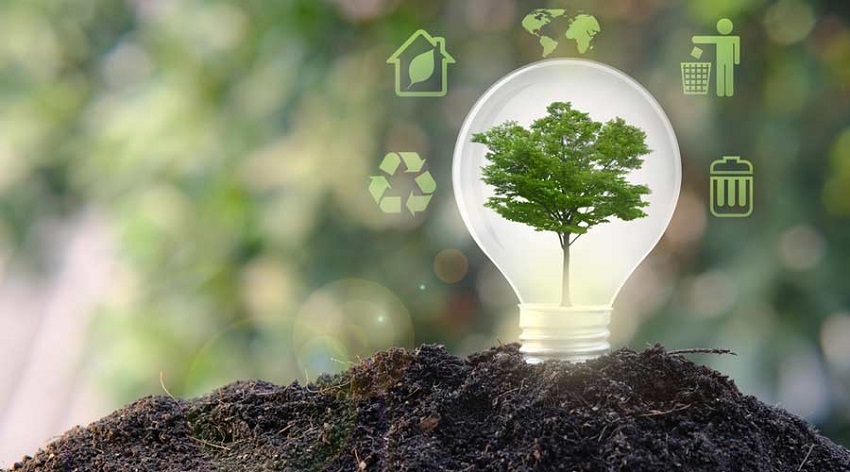Across the United States, millions of cars are kept in parking lots. But these facilities can be a significant environmental hazard.
A recent study showed that Americans are paving more spaces than ever, heating urban areas, and reducing water pollution.
Energy
Cars driving into, out of, and circling looking for parking spaces generate lots of greenhouse gas emissions. This is a problem for the environment and the energy infrastructure required to construct and maintain parking facilities.
As with any built infrastructure, parking requires a complex supply chain that includes raw materials, energy, labor, and other inputs. As a result, parking can be an expensive energy producer.
Water
Parking lots paved with asphalt or concrete can trap pollutants on the surface, seeping into groundwater. This creates a problem when the contaminated groundwater is drawn into potable water systems downstream.
Thankfully, there are ways to control runoff from parking lots. These facilities typically include retention basins, infiltration basins, and percolation trenches.
Air Pollution
The air pollutants emitted from industries and vehicles cause massive damage to human life, natural environment, and animals. These chemicals affect the respiratory system and heart of people.
These harmful substances are emitted from various sources, including factories, cars, agricultural activities, power plants, and other artificial resources. These pollutants include nitrogen oxides, ozone, carbon monoxide, volatile organic compounds (VOCs), ground-level ozone, and unburned hydrocarbons.
This pollution harms the environment and causes many health problems, such as lung cancer, asthma, heart diseases, fetal growth, neurological disorders, retinopathy, etc. Besides, it damages the earth’s ecosystem by depleting the ozone layer.
Debris
Clean and well-maintained parking lots like the parking lots North Augusta SC give a positive first impression to your business. A lot with a lot of dirt, litter, or broken glass will make customers think twice about visiting your company and may drive them to a competitor.
Debris can come from inconsiderate parking lot users or natural weather events like hurricanes or heavy rains. Drivers often throw trash from their vehicles, which can become airborne and fly into the roadway.
Trash and other environmental debris can deteriorate your paving materials, shortening their life. It can also cause safety issues and increase the risk of injuries for your customers.
In addition, debris can be a health hazard and contaminate stormwater runoff. Keeping your parking lot clean reduces the amount of trash and other materials that wash into local waterways and discourages littering.
Noise
Aside from being a nuisance, noise can impact the environment and even the health of the people who live or work near it. This can include disrupting wildlife, making it hard to sleep and work, or damaging the ears.
Parking lots can impact the environment by increasing air pollution from vehicles and vehicle emissions. This includes smoke and other particles from engine exhausts that accumulate on the lot floor, which is a potential source of lung cancer.
In addition, rainwater and other pollutants from the surface of parking lots are tracked into stormwater drains and sewage treatment plants. These pollutants can eventually reach the groundwater and affect the aquatic ecosystem.



